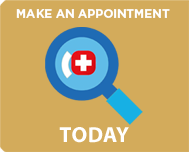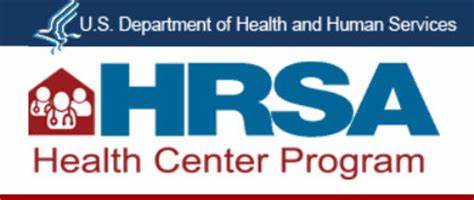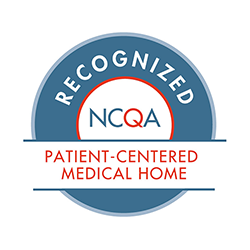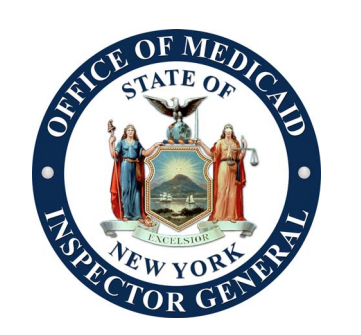GYN / Gynecology
Our gynecologists work to get to know you, your medical history and your immediate needs.
A gynecologist is a medical specialist who cares for the female reproductive tract. The health of this part of your body contributes to your overall well being.
Whether you need routine gynecological care or are experiencing problems, it’s important to maintain an open line of communication with your healthcare provider. The gynecology team at Long Island Select Healthcare (LISH) serves the women of Suffolk County to promote female health and wellness.
Services Performed by Gynecologists
The female reproductive tract includes numerous parts, such as:
- Cervix
- Fallopian tubes
- Ovaries
- Uterus
- Vagina
- Vulva
These body parts are located in the abdominal and pelvic regions.
Gynecologists treat health concerns related to these structures. They perform routine pelvic exams, prescribe birth control, screen for cancer and provide solutions for menstrual problems. As women move toward menopause, the topics covered at appointments may shift toward hot flashes, vaginal dryness and mood regulation.
Gynecologists may also perform breast exams, run hormone panels, and provide additional services related to female health. Some specialists screen for osteoporosis or offer treatment options for women with urinary incontinence.
Symptoms Meriting a Visit to the Gynecologist’s Office
You should make an appointment with the gynecology department if you are experiencing symptoms related to your reproductive tract. These may include:
- Breast changes
- Heavy periods
- Irregular menstrual cycles
- Painful intercourse
- Pelvic pain
- Severe menstrual cramps
- Sores or irritation around the vulva or vagina
- Spotting between periods
- Unusual or excessive vaginal discharge
- Urine leakage
- Vaginal dryness
If you are experiencing troubling symptoms such as these, don’t put off a trip to the doctor. Some gynecological problems, such as yeast or urinary tract infections, may have quick and easy solutions. The sooner you have your symptoms looked at, the sooner you can find solutions.
Other concerns, such as gynecologic cancer, are more serious, but early detection can increase the chances of successful treatment.
Importance of Regular Female Exams
Even if your reproductive tract seems to be working just fine, it’s still important to visit your doctor once a year. An annual gynecology visit is sometimes known as a well-woman exam.
Your doctor may perform a pelvic exam to obtain a Pap smear sample during this appointment. A Pap test is a tool used to screen for cervical cancer.
Most women should have their first pelvic exams at age 21. After that, you may need to repeat this test at least every three to five years. If you have a family history of reproductive cancer or have received abnormal Pap results, you may need more frequent exams. You may be able to stop these checks after you turn 65.
Other assessments that may be done at a well-woman visit include breast exams and visual evaluations of the external genitals. The doctor may order regular mammograms once you turn 40.
Your annual visit is a good time to discuss contraception and safe sex, and you may be able to request a prescription for birth control medication. The doctor may perform tests for sexually transmitted diseases during this appointment.
Age to Begin Gynecological Appointments
On average, American girls begin menstruating when they are around 12.5 years old. Experts recommend that teen girls make their first visit to the gynecologist’s office around that time — usually when a girl is between 13 and 15 years old.
At that appointment, the healthcare provider and the teen can discuss sexual and reproductive health. Topics that may be covered include menstruation, birth control and sexual abuse. At this age, most initial visits do not require pelvic exams.
Adolescents who are sexually active at younger ages may need to have their first appointments sooner. You should also consider an earlier appointment for girls who are experiencing problems with their reproductive tracts.
Tests and Treatments for Female Health Concerns
Some gynecological issues require more involved tests than those used during a routine office visit. To help diagnose your condition, your doctor may order further tests such as:
- Biopsies
- Blood draws and other lab tests
- Colposcopies and hysteroscopies to view the inside of your reproductive organs
- Ultrasounds
Some of these procedures can be performed at your doctor’s office, but others may need to be done in a hospital setting. These tests may reveal problems like fibroids, cysts, hormonal imbalances, cancer, STDs or bacterial infections.
The treatments that your doctor uses will depend on the diagnosis you receive. Options include:
- Antibiotics
- Anti-inflammatory medications
- Cystectomy
- Endometrial ablation
- Hysterectomy
- Oral contraceptives
- Prolapse repair
- Topical creams
For some conditions, your gynecologist may see how you respond to minimally invasive treatments before recommending surgical procedures.
Inclusive Gynecological Services in Suffolk County
A gynecologist should be an important member of every women’s medical team. This type of specialist performs annual exams of the female reproductive tract and provides diagnoses and treatments for related health concerns.
At LISH, we strive to provide reliable gynecology services for all of the female patients in our practice. We use powered exam tables so women in wheelchairs can transfer out of their chairs to receive thorough examinations.
To learn more about our female health services, fill out our online contact form, or call our central office at (631) 650-2510.


















